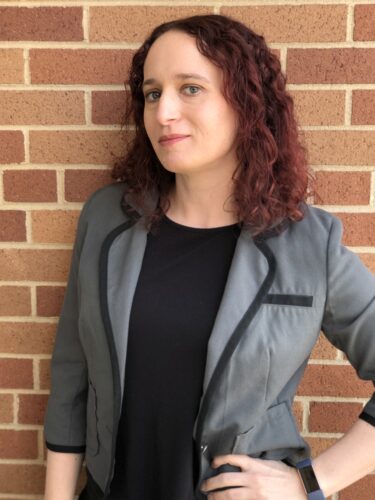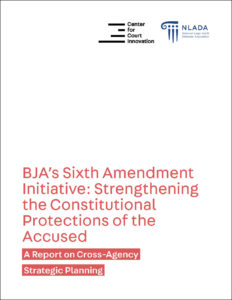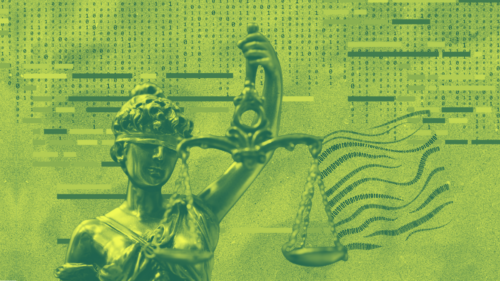-
Elizabeth Ling
Elizabeth Ling
-
Jennifer Tallon

Jennifer Tallon
-
Lisa Vavonese

Lisa Vavonese
-
Marea Beeman
-
Sruthi Naraharisetti
Sruthi Naraharisetti
In a companion report to its first publication, the Center for Court Innovation and the National Legal Aid and Defender Association describe their work with six additional jurisdictions that participated in strategic planning to increase their capacities to uphold Sixth Amendment rights. Centered on multi-agency planning at the local level and unfolding during the unprecedented events of the COVID-19 pandemic and the murder of George Floyd, the report offers lessons learned that can provide guidance and practical advice to other jurisdictions interested in strategic planning. A key finding is the importance of flexibility in the process. Across efforts with all jurisdictions, it is the buy-in and bandwidth of the local planning team members that most often predicts successful outcomes.

